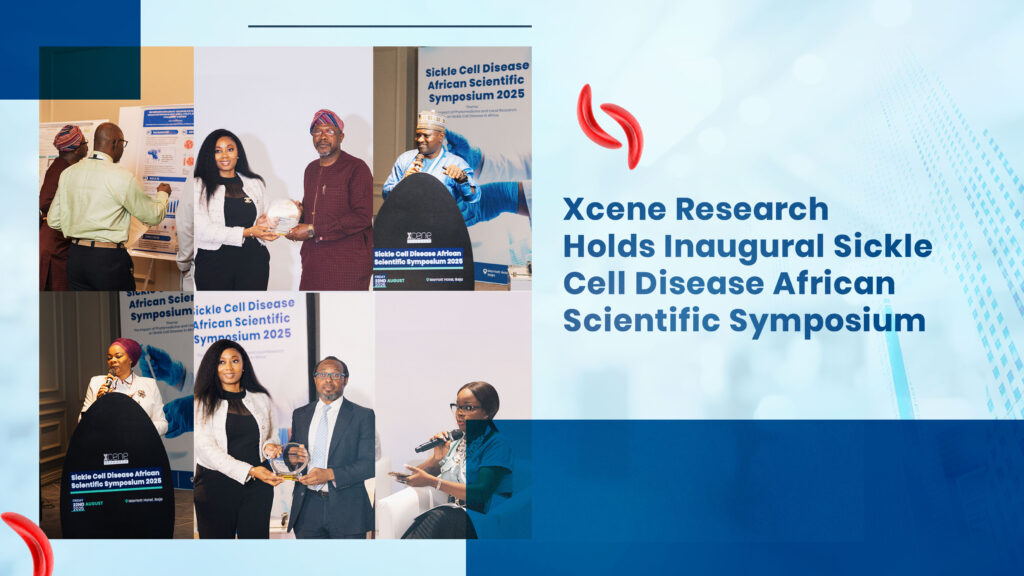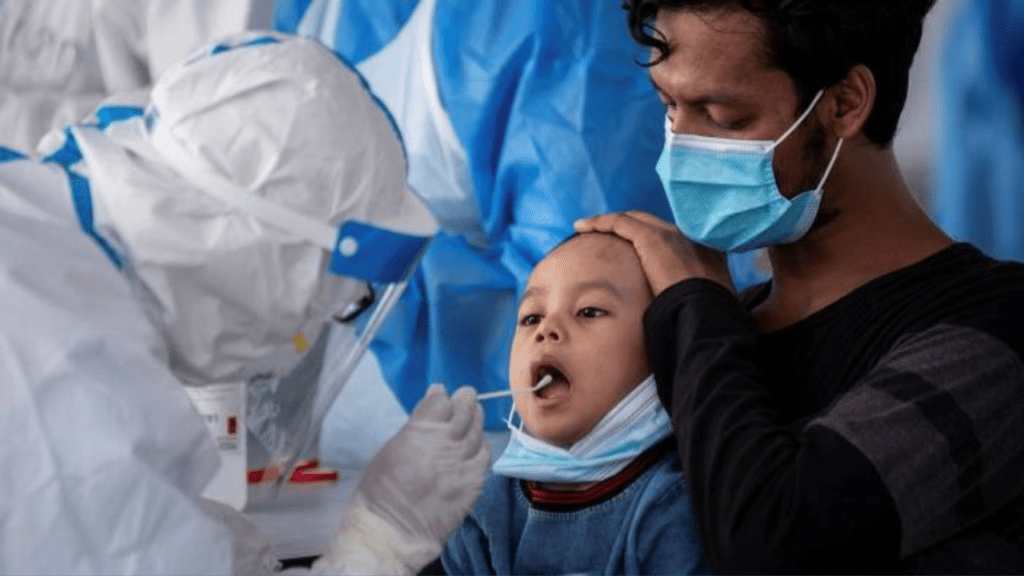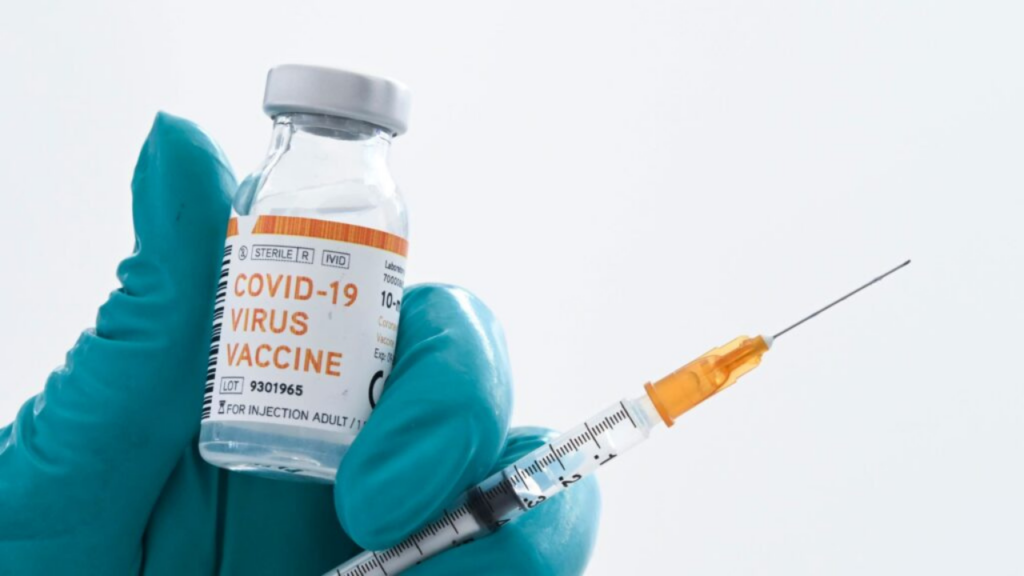The statistics on sickle cell disease (SCD) are a stark reminder of a profound health disparity. The African continent shoulders approximately 80% of the global burden, with Nigeria alone accounting for an annual incidence of 150,000 newborns with the disease. This is a deeply indigenous challenge that has been met with a passive, and frankly, unsustainable, wait-and-see approach for far too long. The solutions to Africa’s health problems must come from within Africa.
On Friday, August 22, 2025, Xcene Research took a significant step in shifting this narrative by hosting the inaugural Sickle Cell Disease African Scientific Symposium. The event, themed “The Impact of Phytomedicine and Local Research on Sickle Cell Disease in Africa,” was more than a conference; it was a rallying cry and a firm declaration that Africa’s medical and research capabilities are ready to lead.

Setting the tone for the day, Adebukunola Telufusi, CEO of Xcene Research and convener of the symposium, articulated the event’s foundational mission. Her opening words established the principles that would guide the day’s critical discussions:
“This symposium is our platform to finally bridge the vast gap between Africa’s rich indigenous knowledge and modern clinical science. It represents a commitment anchored in three pillars: the rigor of science that moves us from anecdote to evidence, a deep respect for the communities whose lived experiences must guide our research, and a fierce dedication to equity that ensures our innovations reach all who need them. Together, we are translating this shared wisdom into tangible, accessible care for those living with Sickle Cell Disease.”
Keynote speakers at the event echoed powerful, poignant truths that reverberated beyond the conference hall.
Dr Obi Peter Adigwe, Director General, National Institute for Pharmaceutical Research and Development (NIPRD) in his keynote noted that to truly move towards eliminating Sickle Cell Disease, we must adopt a new, multi-disciplinary strategy. This requires weaving together cutting-edge science from genetics and CRISPR to AI with homegrown innovation in phytomedicines, all supported by an ecosystem of robust policy, advocacy, and political will. Crucially, the foundation for this is already being laid.
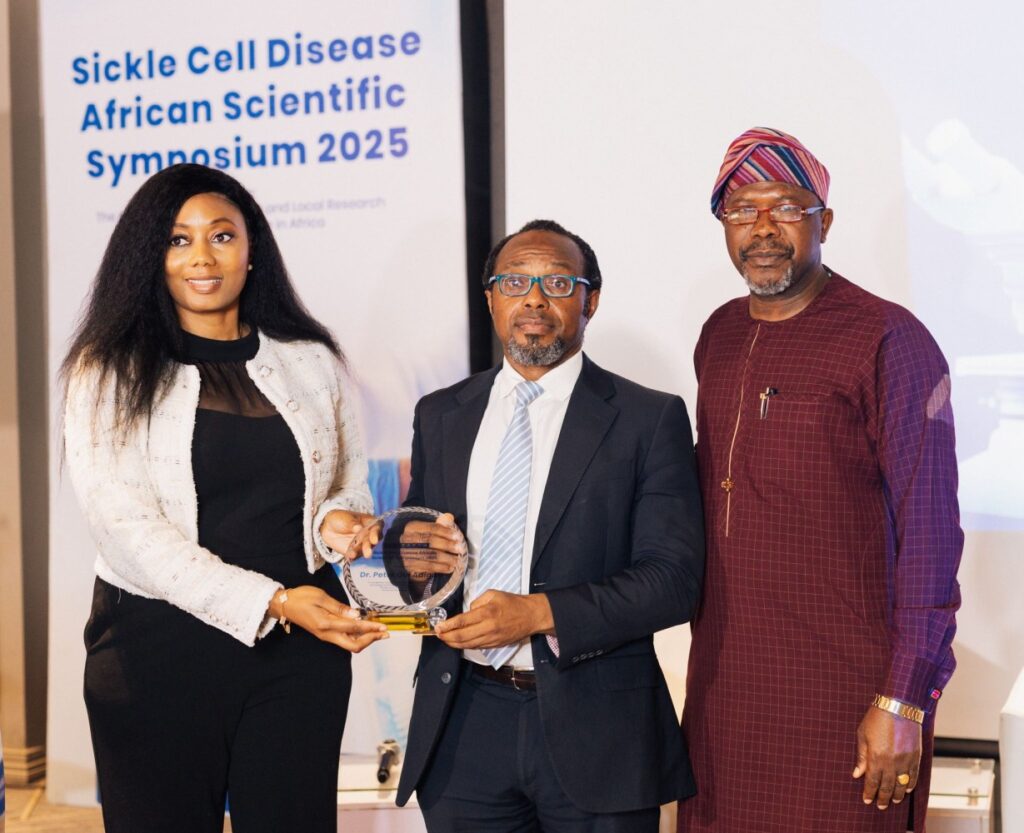
High-level presidential initiatives like Presidential Initiative for Unlocking the Healthcare Value Chain (PVAC), the Executive Order for the Pharmaceutical sector and the Phytomedicines Commercialization and Development Committee are now in place to boost local manufacturing and drastically lower the cost of care. His charge to everyone was clear: leverage this enabling environment to scale up and develop the African solutions we urgently need
Central to these discussions was the crucial role of phytomedicine and indigenous knowledge to which Dr. Believe Osiuhwu, Founder of Sickle Cell Herbal Solution, addressed during his keynote presentation. His research and treatment with herbal remedies has proven to address the deficiency in producing the right enzymes in a sickle cell patient, while noting that this approach is targeted to boost pancreas activities with tailor made solutions which has resulted in significant improvements in symptoms for over 100 patients.
Dr. Mories Atoki (Hon.), Chief Executive Officer, African Business Coalition for Health (ABC Health), succinctly added that, “The world is waiting, and it’s the time really to begin to take African Research and Development more seriously and support one another.”
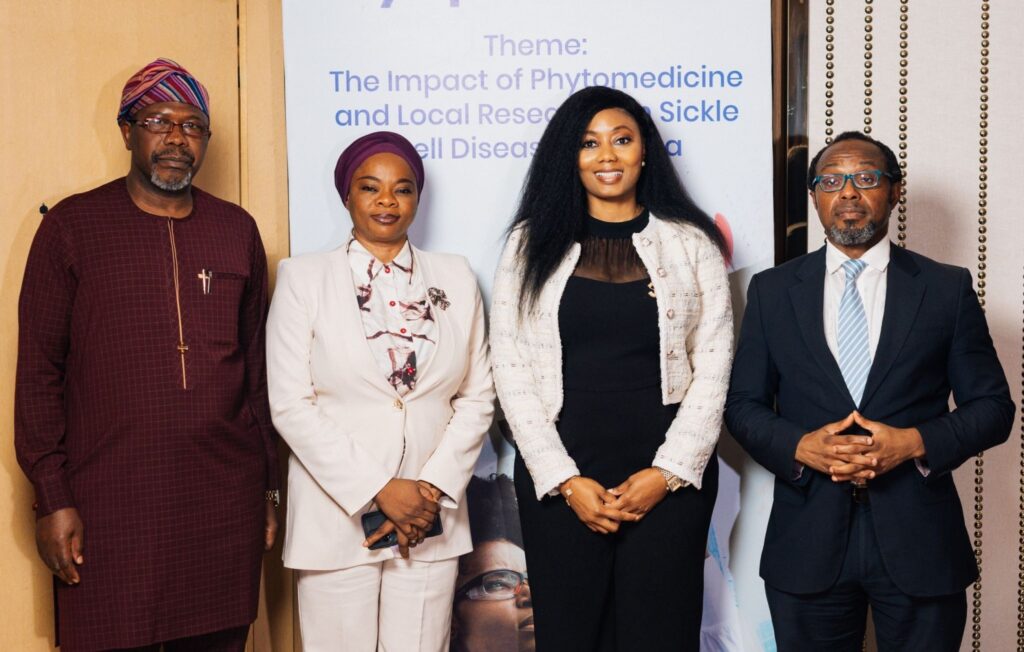
She highlighted socioeconomic burdens such as systematic gaps (weak integration into primary health centers) and awareness gaps as factors that have stifled the success of research and development on the African continent.
Dr. Atoki also emphasized the role of businesses in transforming SCD care, especially given a proper understanding of the appetite of private sector or philanthropy funding, such as blended finance, health bond, and inclusive insurance solutions to help with access and sustainable solutions.
In the wake of halted and dwindling international grants coming into the continent for research and development, she noted that Africa can explore pension funds, private banks and developmental financial institutions that can play a huge role in de-risking and scaling investment.
During the panel discussions, panelists spoke passionately about evidence-based theories and how to address the SCD challenge.
This sentiment was reinforced by Timi Edwin (MBA) – The POWER HOUSE, founder of the CrimsonBow Sickle Cell Initiative, who challenged the long-held belief that a cure would exist if SCD were a “Caucasian issue,” asserting, “Wherever there’s a challenge, there’s a cure.”
Dr. Adeseye Akinsete, a pediatric hematologist and oncologist at the University of Lagos Teaching Hospital, addressed the complexities of designing clinical trials for herbal remedies, emphasizing the need for tailored approaches beyond conventional, precision-based models. And perhaps most importantly, Alhaji Dr. Shaba Sani of the National Association of Nigerian Traditional Medicine Practitioners stressed the need to “take traditional medicine practitioners along on every research we are doing because the knowledge is there, and the knowledge is in the communities.”
From Dialogue to Decisive Action
The Sickle Cell Disease African Scientific Symposium was a powerful catalyst that brought together a community of experts around a shared mission. But we understand that impactful dialogue is a critical point of departure, not a conclusion. The true measure of our success lies in translating these vital conversations into decisive, tangible action.
A big part of our vision at Xcene is connecting research and technological innovation, practical support in African community settings, and advocacy to develop solutions for SCD patients. This ensures that promising scientific discoveries provide tangible relief for patients and their families. The SCD African scientific symposium was a testament to the power of what is possible when purpose-driven action follows informed discussion, and at Xcene Research, we are leading the charge toward this new reality.
Xcene Research dedicates September to raising awareness about the sickle cell disorder, honouring the strength and resilience of the global sickle cell community, from warriors and caregivers to dedicated healthcare professionals. We are translating this tribute into action through our Xcene Laboratories & Diagnostics (XLD), which is building the infrastructure to shift sickle cell disease from a domain of despair to one of discovery, right here in Africa.
Our vision is for the future of SCD diagnosis and treatment to be researched, refined, and realized locally. XLD’s state-of-the-art facilities are designed not just to test, but to uncover deep insights, treating SCD as both a diagnostic priority and a research opportunity. By converging genomic insight, molecular precision, and bioanalytical evidence, we are redefining patient care. We employ next-generation sequencing for early genomic screening, high-sensitivity PCR-based assays for definitive diagnosis, and bioanalytical validation of biomarkers to track disease progression, empowering clinicians and reshaping policy for a brighter future.
